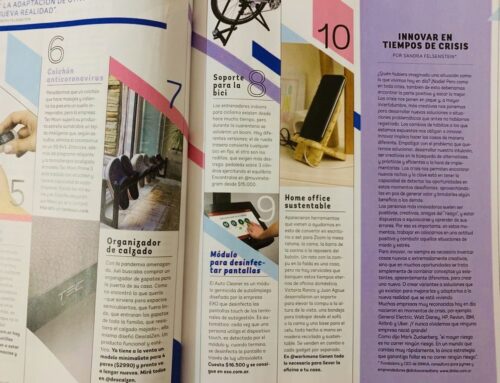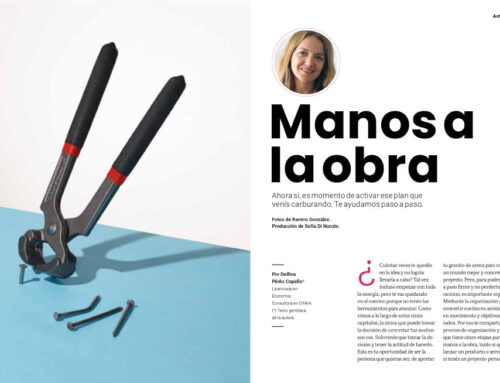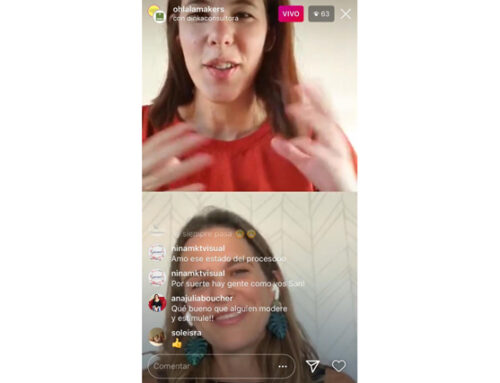Faced with a great idle capacity and a huge drop in consumption, many SMEs fear taking false steps. Several experts explain here the keys to optimize management.
Sandra Felsenstein leads the consultant Dinkka, who specializes in SMEs. And he emphasizes that precisely that for some time “our clients tell us that they need greater efficiency. Something positive of the moments of crisis is this approach to rethink the business model, to consider the issues on which otherwise it would not be reflected. Because then, that learning will become an asset,” he explains. It brings two cases of clients: one, from the plastic industry, which urgently needed to implement innovative actions, so as not to be relegated by its customers. ”The other, dedicated to merchandising, discovered in recent times that he needed yes or if updated through research in national and abroad markets, to know how he was innovating in the segment.
Regarding the types of problems that usually occur in these acute crises, Felsenstein groups them into three groups: economic/financial, human/organizational and commercial resources. To the first type of difficulties, which synthesizes as a reduction of margins (the economic) and liquidity (financial), the expert emphasizes the need to focus “in selling better instead of selling more”. Thus, payment conditions with suppliers and collection with customers should be renegotiated. ” With one of our clients, of the food item, we recently did an intensive job to identify, among their great mix of products, which ones had the best margins.
Regarding problems in human resources, the Dinkka leader detects that SME entrepreneurs usually temper in “reducing staff and assuming different operational tasks themselves, in which they must use several hours of their time. But we always tell them that the time value of the entrepreneur is too expensive for that, and also those tasks prevent them from dedicating themselves to strategic, much more important issues to get ahead. On the other hand, it is crucial that they transmit tranquility to the team of the team. work, showing that the entrepreneur is personally committed to leading the current complicated situation. And regarding the commercial, the consultant opens the game between suppliers and customers. On the former, says Felsenstein, in the times of bonanza you do not usually put the magnifying glass. But when the potatoes begin to burn, you have to rethink payment conditions, review the usual processes and, eventually, look for new alternatives. And with respect to customers, energy must be especially to loyalty to the current ones instead of conquering new ones.








